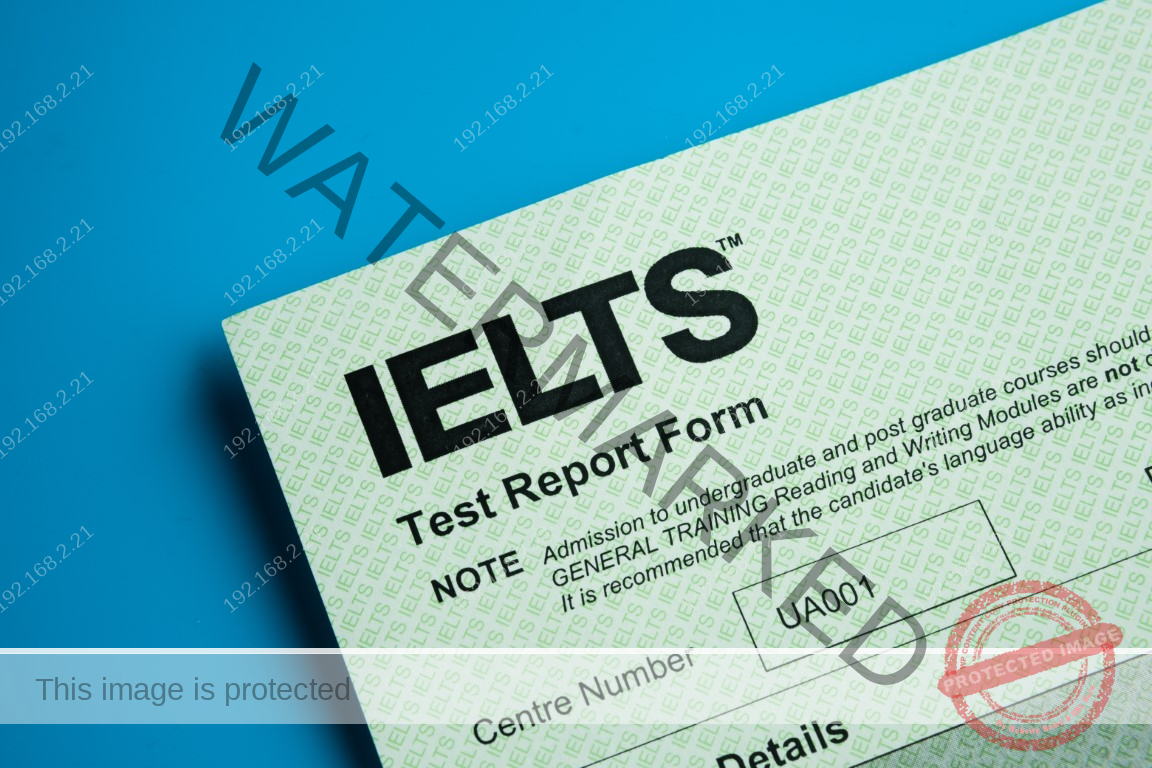In June, the Immigration, Refugees and Citizenship Canada (IRCC) started the first series of category-based Express Entry draws, as they had previously announced. These initial rounds had wide variations in scores, but overall, the Comprehensive Ranking System (CRS) scores were lower than those in the general draws. The category-based invitations reflect some similarities with provincial skilled immigration programs, making long-term predictions of the Express Entry program difficult. However, there are several factors candidates can consider to boost their chances of receiving an invitation in the near future.
Primary Language
The points required for French speakers dropped from 439 to 375 in the latest round. The number of invitations sent out to people with newly-created profiles is high. This shift between English and French could significantly increase a candidate’s chances of receiving an invitation. So, improving French language skills could be beneficial, especially for those with a basic knowledge of it.
Primary Job
Candidates often list the job where they have the most experience as their primary job, and the system uses this job when issuing category-based invitations. Having diverse experience in specific fields can significantly increase the likelihood of receiving an invitation. If a candidate has experience in a high-demand job, they could list it as their primary job to increase their chances of receiving an invitation.
Nursing professions still score high in the Express Entry system with newly created profiles. To rank high, these profiles need to have IELTS scores of 8.0 for listening skills and 7.0 for the rest of the skills. They also need to have 2 years of experience and other above-average factors. However, it is not advisable to pursue this profession for Express Entry because it’s highly competitive. While these professions are less in demand in provincial skilled immigration programs, candidates should seek opportunities from these programs.
STEM Occupations
With the new National Occupation Classification (NOC) system introduced in 2021, a new concept was brought in but not heavily emphasized because candidates are mostly influenced by NOC code categories. The STEM fields, which include science and technology-related jobs, and non-STEM fields, all have an impact on the immigration system. If a candidate is working in a different field or in a job that is not in high demand, like nursing, switching jobs could increase their chances in Express Entry draws.
Canadian Education
International students who have graduated from Canada and gained work experience there are usually preferred in immigration reports regarding transition to and retention of permanent residency. This is a common pathway in many provincial immigration programs and could potentially be incorporated into federal programs. This was evidenced by the Temporary Resident to Permanent Resident pathway program, which ended in November 2021 and prioritized 40,000 spots for international students.
With at least one year of work experience, particularly well-educated students have the chance to gain permanent residency through the federal program. The field of study and geographical area of study can significantly impact immigration chances.
Job Offers
Job offers are a critical component of many provincial immigration programs and cooperative programs between provincial and federal governments, such as the Atlantic/Rural and Northern programs. They serve as a vital foundation for economic immigration programs, of which Express Entry is a part. Previously, candidates with a job offer were almost guaranteed an invitation for Express Entry. This factor still carries significant weight in a candidate’s profile.
Giving priority to candidates with job offers in Express Entry rounds could have a long-lasting impact, as these offers reflect actual job market needs, which is a factor considered in many existing programs. Economic immigration is a key part of the immigration department’s advanced three-year permanent residency plan. Demonstrating economic stability and the ability to live and work in Canada can significantly influence an applicant’s profile.
In conclusion, these evaluations and forecasts are comprehensive, based on current data and reports from the IRCC, as well as our analyses. As IRCC continuously reviews public policy outcomes, these trends could shift. Therefore, candidates should remain alert to these changes and adjust their plans accordingly.












